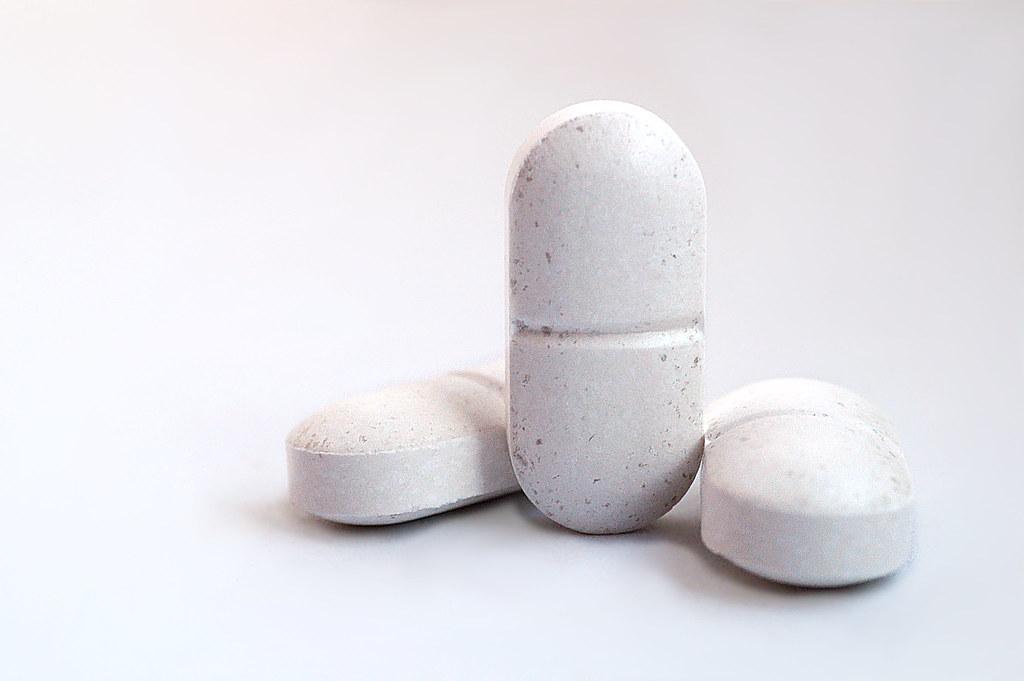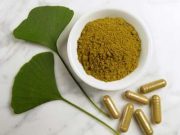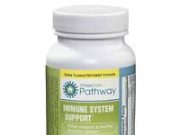In our fast-paced world, where maintaining optimal health is a growing priority, understanding the role of essential nutrients in our daily lives is crucial. Among these nutrients, magnesium stands out as a powerhouse mineral that often doesn’t receive the attention it deserves. Known for its myriad of health benefits, magnesium plays a pivotal role in ensuring our muscles function efficiently and effectively. Whether you’re an athlete striving for peak performance, a busy professional dealing with daily stress, or someone simply looking to enhance your overall well-being, understanding the importance of magnesium for muscle function can make a significant difference. This article aims to shed light on why magnesium is indispensable for muscle health, how it supports muscle function, and practical ways to ensure you’re getting enough of this vital mineral in your diet. By the end, you’ll not only appreciate the profound impact magnesium has on your muscles but also feel empowered to make informed choices for your health and well-being.
Understanding Magnesiums Role in Muscle Health
Magnesium is a vital mineral that plays a crucial role in ensuring optimal muscle function. It acts as a natural relaxant, helping to regulate muscle contractions and prevent cramping. When the body is deficient in magnesium, muscles may struggle to relax properly, leading to tightness and discomfort. This mineral is also involved in the synthesis of proteins that are essential for muscle repair and growth, making it indispensable for athletes and those with an active lifestyle.
In addition to supporting muscle relaxation, magnesium contributes to overall muscle health by aiding in energy production. It is a key player in the conversion of food into energy, which muscles need to perform efficiently. Without sufficient magnesium, you might experience fatigue and reduced endurance during physical activities. To ensure you’re getting enough of this essential nutrient, consider incorporating the following magnesium-rich foods into your diet:
- Leafy green vegetables like spinach and kale
- Nuts and seeds, such as almonds and pumpkin seeds
- Whole grains like brown rice and quinoa
- Fatty fish, including salmon and mackerel
| Food | Magnesium Content (mg per serving) |
|---|---|
| Spinach | 157 |
| Almonds | 80 |
| Brown Rice | 84 |
| Salmon | 26 |
Ensuring adequate magnesium intake can lead to improved muscle performance and recovery. Whether you’re a seasoned athlete or someone simply looking to enhance your physical well-being, incorporating magnesium into your daily routine can offer significant benefits for your muscle health.

How Magnesium Deficiency Impacts Your Muscle Performance
Magnesium is a vital mineral that plays a critical role in muscle function. When your body lacks adequate magnesium, it can significantly affect your muscle performance. This deficiency can lead to various symptoms that hinder your physical capabilities, including:
- Muscle Cramps: Inadequate magnesium levels can cause involuntary contractions, leading to painful cramps.
- Fatigue: Low magnesium can result in decreased energy production, making you feel tired and less able to perform physical activities.
- Muscle Weakness: Without enough magnesium, muscles may struggle to contract and relax efficiently, leading to weakness.
Beyond these symptoms, magnesium deficiency can disrupt the balance of electrolytes, affecting the electrical signals that control muscle contractions. The impact on your performance can be substantial, especially for athletes or those engaging in regular physical activity. Ensuring adequate magnesium intake is essential for maintaining muscle health and optimizing performance.
| Symptom | Impact on Performance |
|---|---|
| Muscle Cramps | Reduces flexibility and increases pain |
| Fatigue | Decreases stamina and endurance |
| Weakness | Limits strength and power output |

Identifying Symptoms of Low Magnesium Levels in Your Body
Recognizing the signs that your body might be lacking in magnesium is crucial for maintaining optimal health, especially when it comes to muscle function. Magnesium is a key player in muscle contractions and relaxation, and an insufficiency can lead to a variety of symptoms. Be mindful of these common indicators:
- Muscle Cramps and Spasms: If you experience frequent cramps or muscle spasms, particularly at night, it could be a sign of low magnesium levels.
- Fatigue and Weakness: Feeling unusually tired or weak, even after adequate rest, may suggest that your muscles are not receiving enough magnesium.
- Tingling or Numbness: A tingling sensation or numbness in your extremities can be a subtle hint of magnesium deficiency.
In addition to these symptoms, you might also notice changes in your mood or sleep patterns. Magnesium plays a role in neurotransmitter regulation and can influence how you feel and rest. Below is a brief comparison of normal magnesium levels versus deficiency-related symptoms:
| Magnesium Levels | Symptoms |
|---|---|
| Normal | Steady energy, smooth muscle function |
| Low | Muscle cramps, fatigue, mood changes |
Addressing these symptoms early can help restore your magnesium balance, ultimately enhancing muscle performance and overall well-being. If you suspect a deficiency, consider consulting with a healthcare professional for a proper assessment and guidance on dietary adjustments or supplements.

Practical Tips for Boosting Your Magnesium Intake for Optimal Muscle Function
Ensuring adequate magnesium intake can significantly enhance muscle performance and overall well-being. Here are some practical tips to help you integrate more magnesium into your daily diet:
- Incorporate Magnesium-Rich Foods: Aim to include foods like leafy greens, nuts, seeds, and whole grains in your meals. Consider adding spinach to your salads, snacking on almonds, or choosing whole-grain bread over refined options.
- Supplement Wisely: If dietary changes alone are insufficient, magnesium supplements can be a helpful addition. Always consult with a healthcare provider to find the right dosage and type for your needs.
- Magnesium-Infused Beverages: Opt for mineral water high in magnesium content or try making smoothies with magnesium-rich ingredients like bananas and avocados.
For those who prefer a more structured approach, here’s a simple table showcasing the magnesium content in common foods:
| Food Item | Magnesium Content (mg) |
|---|---|
| Spinach (1 cup, cooked) | 157 |
| Almonds (1 oz) | 80 |
| Avocado (1 medium) | 58 |
| Black Beans (1/2 cup) | 60 |
Integrating these tips into your routine can be an empowering step towards maintaining optimal muscle function. Remember, small changes can lead to significant improvements in your health journey.








































